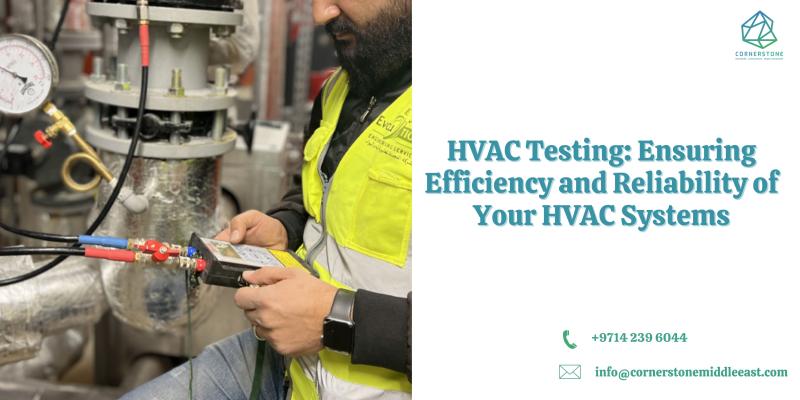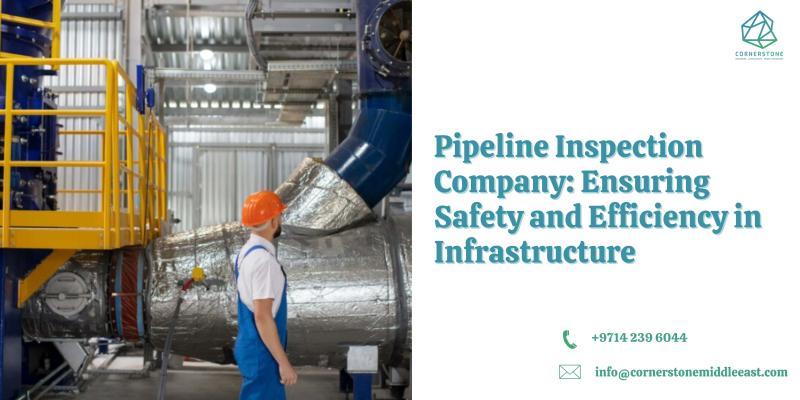Harmonic Analysis for Power Systems: The Key to Improved Efficiency

Harmonic analysis plays a crucial role in understanding the quality of power in electrical systems. It is an important process for detecting distortions in the power supply, which can lead to equipment failures, increased energy consumption, and other issues that affect the overall efficiency of an electrical system. This blog explains what harmonic analysis is, why it matters, and how it can improve the performance and longevity of power systems.
What is Harmonic Analysis?
Harmonic analysis is the process of studying the harmonics or distortions that occur in the electrical waveform. In an ideal power system, the electrical current and voltage should follow a smooth, sinusoidal waveform. However, in real-world systems, devices like computers, variable frequency drives (VFDs), and LED lights create irregularities or “harmonics” that disrupt the ideal waveform. These disruptions can lead to various problems, including equipment overheating, lower energy efficiency, and reduced system reliability.
By performing harmonic analysis, technicians can measure these distortions and assess their impact on the system. Identifying the level of harmonic distortion allows for better management of power systems, ensuring they operate efficiently and within acceptable limits.
Why Harmonic Analysis is Important
Conducting regular harmonic analysis on a power system is essential for several reasons:
Protecting Equipment: Harmonic distortion can cause significant damage to sensitive equipment such as transformers, motors, and other electrical devices. Over time, excessive distortion can lead to overheating and early failure of these components.
Improving Energy Efficiency: Harmonics cause delays and distortions in the flow of electrical current, leading to wasted energy. By identifying and addressing these issues, businesses can improve the overall energy efficiency of their systems.
Ensuring Compliance: Many regions have regulations that limit the amount of harmonic distortion allowed in the power supply. Harmonic analysis helps ensure that a business’s electrical system complies with these rules, avoiding penalties or fines.
Reducing Maintenance Costs: By detecting harmonic problems early, businesses can take preventive action, which can reduce costly repairs and downtime caused by equipment failure.
How Harmonic Analysis Works
Harmonic analysis is carried out using specialized equipment like power quality analyzers. These devices measure the electrical signals in a system and break down the waveforms into their components. The analysis looks at both the fundamental frequency (the basic electrical signal) and the higher-frequency harmonics caused by non-linear loads.
After performing the analysis, engineers can identify the extent of harmonic distortion and determine which harmonics are causing the most significant problems. Once identified, they can implement solutions such as adding filters, upgrading system components, or adjusting how certain equipment operates.
Benefits of Harmonic Analysis in Power Quality Evaluation
Harmonic analysis is a key part of power quality evaluation. Here’s how it can benefit a business:
Better Equipment Performance: By addressing harmonic issues, the overall performance of electrical equipment improves. This reduces the risk of damage and enhances reliability.
Lower Energy Costs: Harmonic analysis can identify inefficiencies in the system, such as unnecessary energy consumption, which can lead to higher electricity bills. By correcting these issues, businesses can reduce energy costs.
Longer Equipment Lifespan: By preventing the harmful effects of harmonic distortion, the life of expensive electrical components is extended, reducing the need for frequent replacements.
At Cornerstone Middle East, we specialize in providing power quality evaluation services that include detailed harmonic analysis. Our team uses advanced tools and techniques to assess the performance of your electrical system and recommend the best course of action.
How Cornerstone Middle East Helps
At Cornerstone Middle East, we understand the critical role that power quality plays in maintaining efficient operations. Our harmonic analysis service is designed to provide businesses with a clear understanding of their power system’s health. We use the latest technology to identify harmonics in the system and offer solutions to minimize their impact.
We work closely with companies to develop a tailored approach for reducing harmonic distortion, improving energy efficiency, and ensuring that equipment operates optimally. Whether it’s installing filters, adjusting system settings, or replacing damaged components, we provide practical solutions that help businesses maintain a reliable power supply.
Conclusion
Harmonic analysis is an essential part of maintaining power quality and ensuring the longevity of electrical systems. By identifying and addressing harmonic distortion, businesses can improve efficiency, reduce energy costs, and protect valuable equipment. At Cornerstone Middle East, we offer expert harmonic analysis services that help companies optimize their power systems and prevent costly problems. If you're looking to improve your power quality and ensure the smooth operation of your electrical systems, get in touch with Cornerstone Middle East for professional advice and support.


Comments